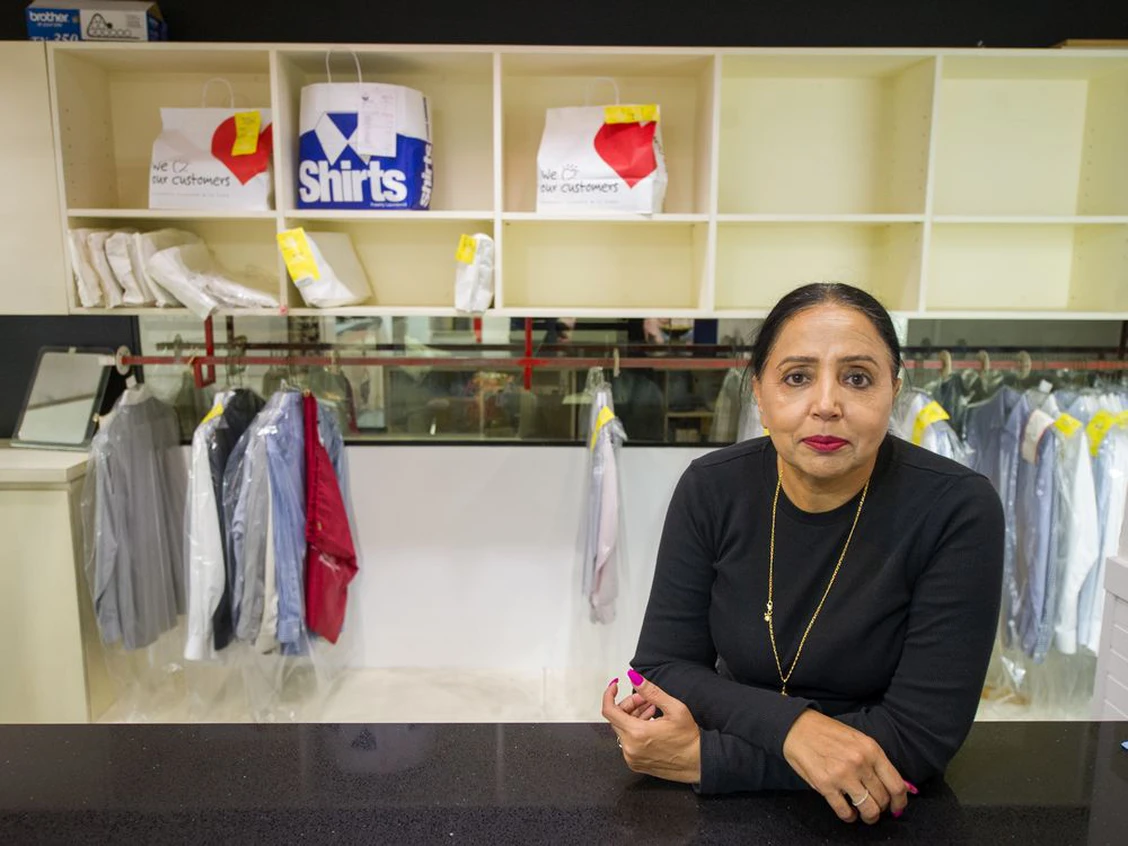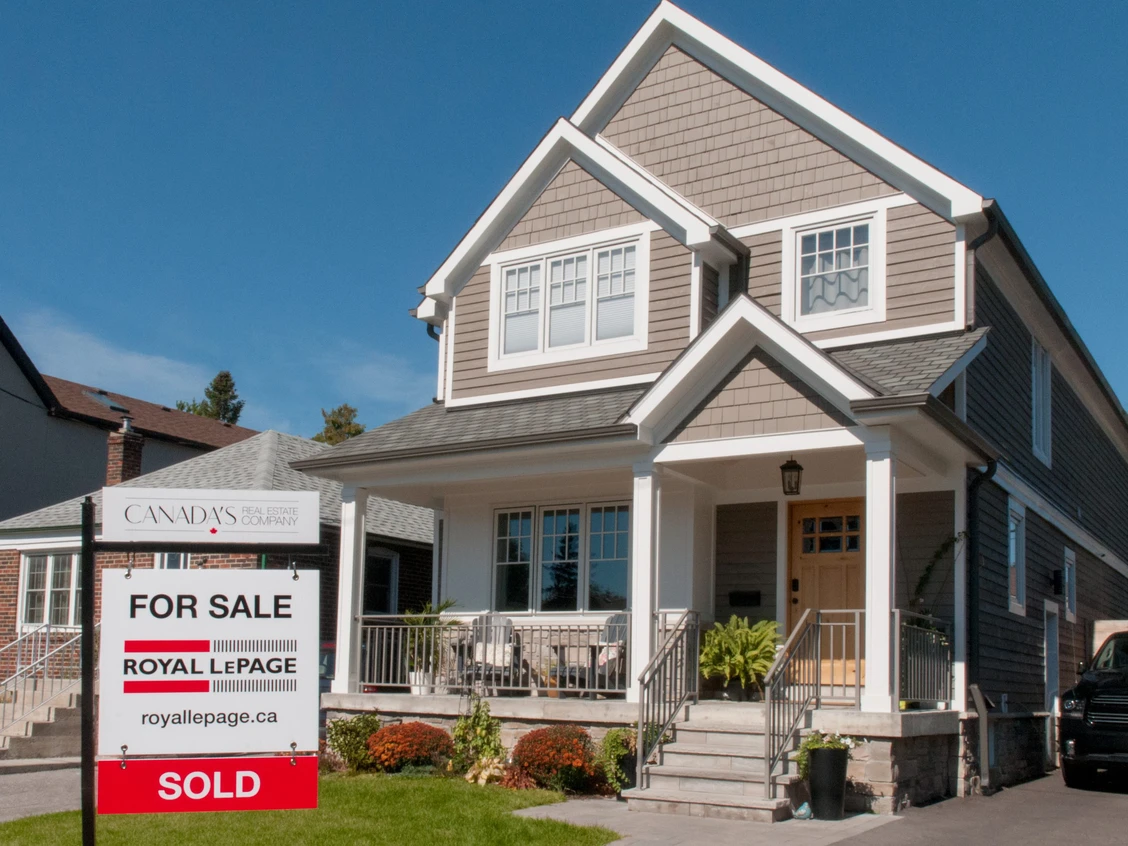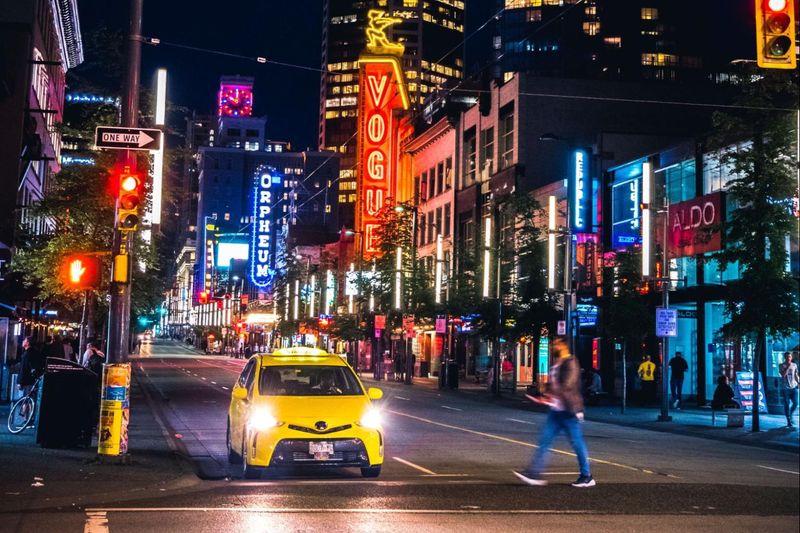‘These will be the casualties’: Outlook gloomy for store merchants beneath downtown Vancouver office towers

JOANNE LEE-YOUNG
VANCOUVER
VANCOUVER SUN
PUBLISHED SEPTEMBER 8, 2021
It’s the food court stalls and dry cleaners, in the bowels and pathways between downtown office buildings, that will continue suffering.
Pam Mand was once full of hope that as COVID-19 restrictions lifted she’d see her usual customers return to the dry cleaning shop she owns at the bottom of the Bentall One office tower in downtown Vancouver.
But on a recent weekday during lunch hour, the corridor outside her store, Woodman’s Fine Cleaning, which would normally be so packed “you couldn’t look down at your phone” while walking, was desolate. Wide gaps separated the few clean shirts hanging in her store.
There was a time when Mand could count on regular customers, mostly lawyers, bankers and corporate executives, to bring her about $75 to $100 in business every two weeks.
“Since COVID, I’ve seen some of them a total of three times, and they were just bringing in a few items for about $50,” she said.
A return to wearing masks indoors, the rollout of vaccine certificates and rising COVID-19 cases in the last few weeks have put a temporary chill on any notion of a robust revival of working in downtown Vancouver.
Cubicles and board rooms will be emptier, but it’s small businesses and services like Mand’s — the ones that sit in the bowels and pathways between these tall office buildings — that might find bridging the gap a challenge.
There isn’t data or survey information on these businesses that depend heavily on regular traffic from office workers, but the Downtown Vancouver Business Improvement Association has been tracking street-level businesses since the beginning of stay-at-home orders in B.C. in March 2020.
Since then, more than 80 of these businesses on corridors such as Robson, Alberni, Granville and West Hastings streets have permanently closed, but over 40 new ones had opened, it found. Closures slowed in the first half of 2021.
Hari Minhas, senior vice-president at BakerWest, a new real estate marketing agency, that has moved into a 2000-square-foot Regus work space on West Georgia, said until the recent reinstatement of the indoor mask mandate, there was an expectation that downtown workers would be getting out more — doing more lunch and dinner meetings, going for cocktails.
“Now there will be a little more flux and people aren’t pushing it,” he said.
DVBIA president and CEO Nolan Marshall III said residents living in and near downtown as well as visitors coming in to enjoy events have helped some.
“Those of us who live and play downtown can be intentional with our spending so that these businesses can be there when there is a return to working,” he said.
Marshall said he expects a “gradual” return of officers workers could start perhaps in November and December, once there is greater comfort after the B.C. vaccine card is implemented in mid-September.
All eyes will be on the return of the routines that used to define a busy, downtown working day: the morning gym workouts and coffee, lunch meetings or quick errands and after-work drinks, plus the prepping for travel to see colleagues and clients in person.
This is what bolstered “the coffee shops, the dry cleaning places, the shoe repair. These will be the casualties,” said Vancouver-based Ross Moore, a managing broker at real estate company Cresa, who advises companies on leases.
The downtown office vacancy rate climbed to 7 per cent compared to 3.5 per cent a year ago, according to a report by Avison Young in June.
But Moore notes the vacancy rate is not as high as in other cities, such as Toronto, where it’s 10 per cent.
Some companies though are taking a pause before signing new leases or seeking and getting better terms from landlords such as shorter leases, he added.
In the basement food court at Waterfront Centre, owners of already anemic businesses in those major downtown office towers will have to somehow keep going.
Joanne Kim, who runs Nature’s Fair, a popular sandwich and juice shop, slashed her staff from eight to 10 people to just herself and one employee.
“Only about 10 per cent of our regular customers are back and they’re not in every day, just once or twice a week,” she said.
And margins are tight. “Food costs 30 to 40 and 50 per cent more,” she said.
The bacon packs she uses to make BLT sandwiches used to cost her $15.99 at Costco, but are now 43 per cent more expensive at $22.99.
Mand said she pays $10,000 a month in rent and is worried what will happen after federal government subsidies for businesses end in September.
Business used to be so brisk, she would pick up and deliver clothes to her customers in select buildings.
Now, she’s branched out into doing “wash and fold laundry” for tourists.
“I’m taking anything.”
To view the full article, click here.


